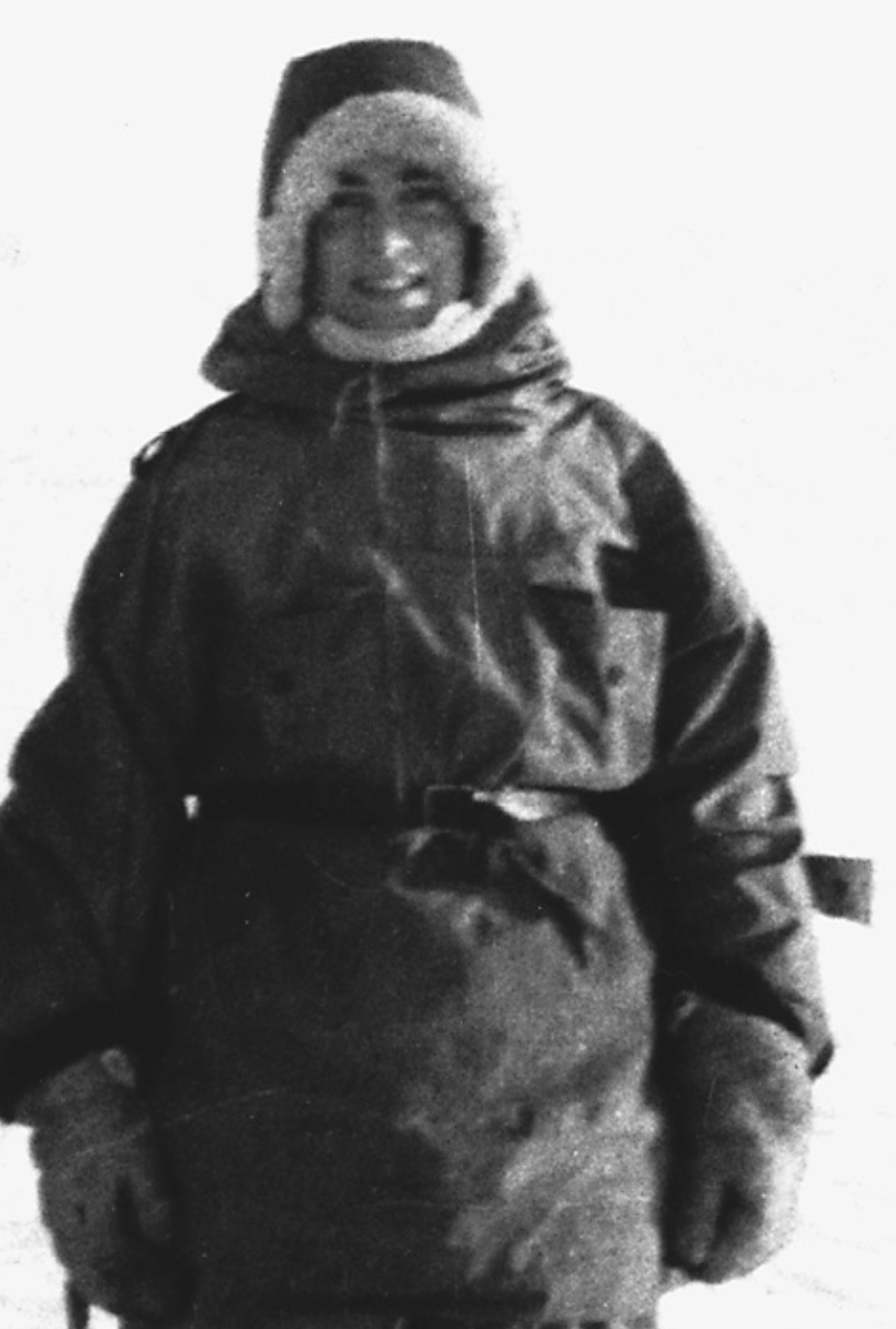41. Christiane Ritter on the Polar night - and the glory of the sun
In 1934, a young Austrian artist - Christiane Ritter - did something a bit crazy. She left behind her comfortable home and went to live with her husband and another man (both hunters), in a tiny hut at Gray Hook, on the northern shores of Svalbard - just 600 nautical miles from the North Pole. They spent the whole winter there and she wrote a remarkable book about the experience which, in translation, is called A Woman in the Polar Night (translated by Jane Degras and published by Pushkin Press). First published in German in 1938, it really deserves to be better known.
The hut at Gray Hook (follow the link to explore panoramic view)
Just to give you a taste, here’s a powerful passage about the psychological effects of the long Polar night - and dreams of the glorious, returning sun:
Now everything around us is quite dead; even the battering of the storm has ceased. A heavy mist weighs on everything; the hut is shrouded in stillness and darkness. It seems to me as if only now has the real night fallen, and slowly my courage begins to seep away. Perhaps the sun will never come back again. Perhaps it is dark all over the world.
My husband calms my fears. Again and again, on little scraps of paper, he marks the course of the sun, which since 23 December has been on its way back to us…. But I am in despair. All his explanations tell me only how far away the sun is. There is no glimmer of light to show that it is coming nearer, and although 78 days of darkness have already passed, there are still another 54 days before, for the first time, the sun will peep for a few seconds over the southern horizon…
The days pass uneventfully, without any real work, without a consoling glimpse into the reality of the world. At night we lie down, neither tired nor wakeful, encompassed by the unending darkness and the profound quiet.
Surrounded by this boundless deadness and rigidity of everything physical, one's living senses begin slowly to go their own way. More frequently and more brightly as the winter is prolonged, a strange light spreads before the inner eye, a remote and yet familiar vision. It is as though here, in this apartness, we develop a particularly sharp awareness of the mighty laws of the spirit, of the unfathomable gulf between human magnitudes and eternal truth. Outside of time, everything is annihilated. The imprisoned senses circle in the past, in a scene without special dimensions, a play in which time stands still.
Often I see the flowers and trees of the distant sun world, but I do not see them as I used to see them. They are glowing with colour and piercingly beautiful. Their most secret meaning lives in their growth and their colour. But the people who live under the sun seem distant and small to me. With bent heads they are running round in circles, the circles of their anxieties and troubles. Only a few of them see the glory of the sun.


